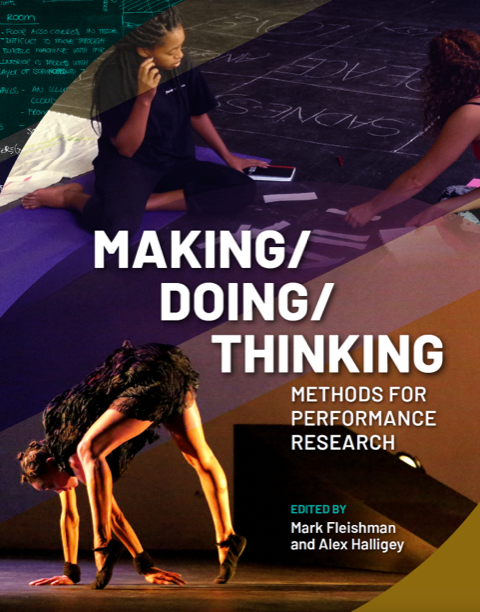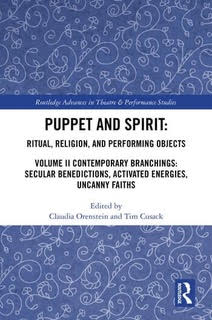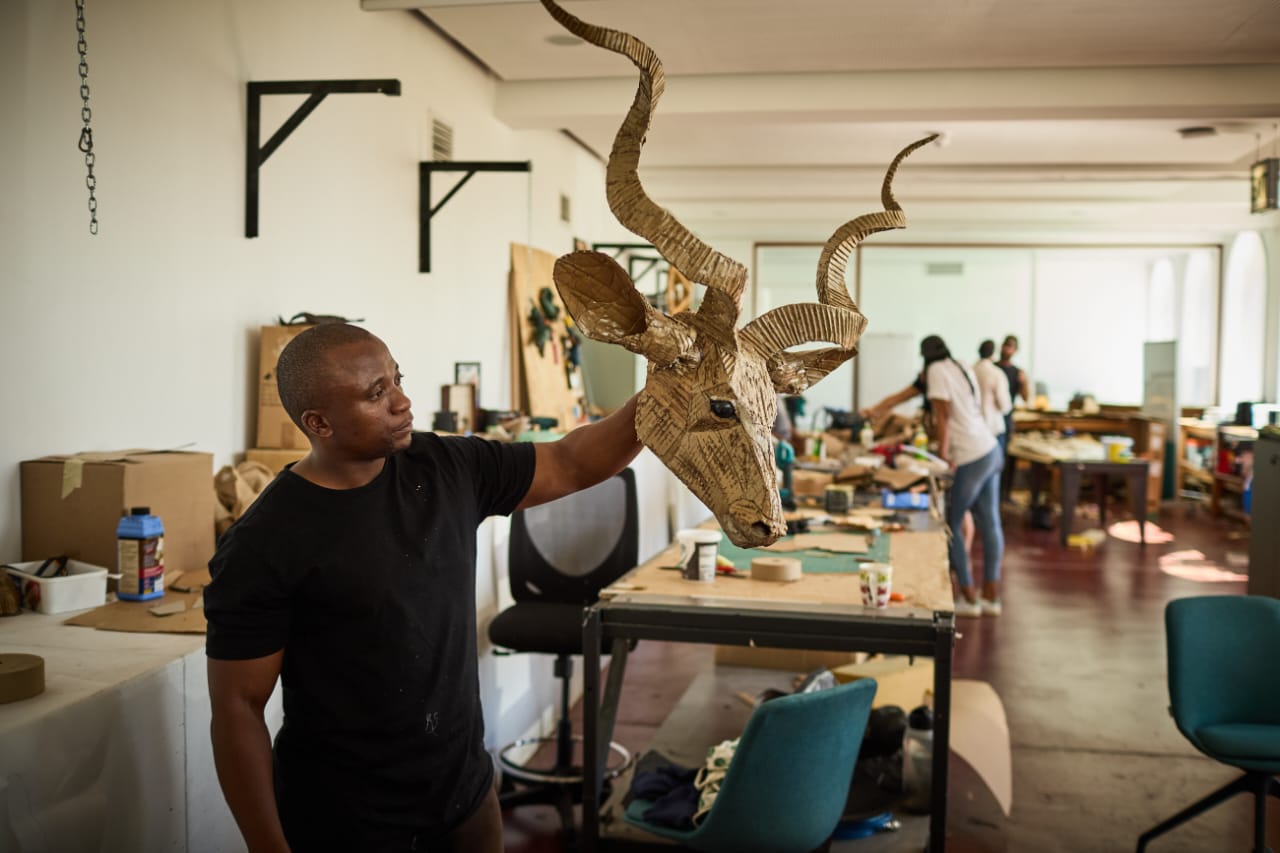The CHR is pleased to announce the publication of Puppet and Spirit: Ritual, Religion, and Performing Objects, which includes a chapter by senior lecturer and convenor of the Laboratory of Kinetic Objects (LoKO), Aja Marneweck, and Handspring Puppet Company co-founder Jill Joubert.
The book was launched on 2 November at the the 11th La MaMa Puppet Festival Fall 2024 in New York.
https://www.lamama.org/shows/panel-discussion-tim-cusack-and-claudia-orenstein-2024
Bringing together the writings and observations of more than 30 scholars and practitioners, this groundbreaking collection explores the many ways performing objects of all kinds around the world have and continue to connect humans with spiritual realms and the divine. Ranging from traditional puppetry forms long recognized for their ritual components, such as wayang kulit from Indonesia and sogo bò in Mali, to twentieth-century secular masters appreciated by Downtown audiences for decades like Peter Schumann and Tadeusz Kantor, these books engage with a wide spectrum of religious practices, from shamanism to Vodun to Islam. Volume 1, featuring articles by Laurel Kendall, Kathy Foley, Deepsikha Chatterjee, and Matthew Cohen, among others, deals with established religious practices and traditional forms, while Volume 2, including essays by Paulette Richards, John Bell, Jill Joubert, and Edna Bland, among others, looks at new models of spiritual engagement from contemporary artists. This promises to be a stimulating and wide-ranging exploration of our faith in the metaphysical power of material artifacts.

Making/Doing/Thinking: Methods for Performance Research.
Aja Manerweck has also recently published a chapter in Making/Doing/Thinking: Methods for Performance Research, an open-access publication that advocates for performance as research (PaR) in higher education institutions.
https://openbooks.uct.ac.za/uct/catalog/book/70
PaR has been championed for extending what we know and how we come to learn about it in ways that are embodied, processual and integrate creative and intellectual projects and practices in productive ways. Much of the published discussion about PaR takes the form of overarching philosophies and less attention has been given to the granular processes through which individual PaR projects are realised. Each PaR process is unique to the researcher, their particular artistic practice and their research question. Each successful PaR process is also fundamentally rigorous in its research design. This handbook seeks to give insights into the bespoke sets of methods researchers develop to rigorously support their overall methodology of PaR – a ‘how-to’ in support of the philosophy of PaR.


